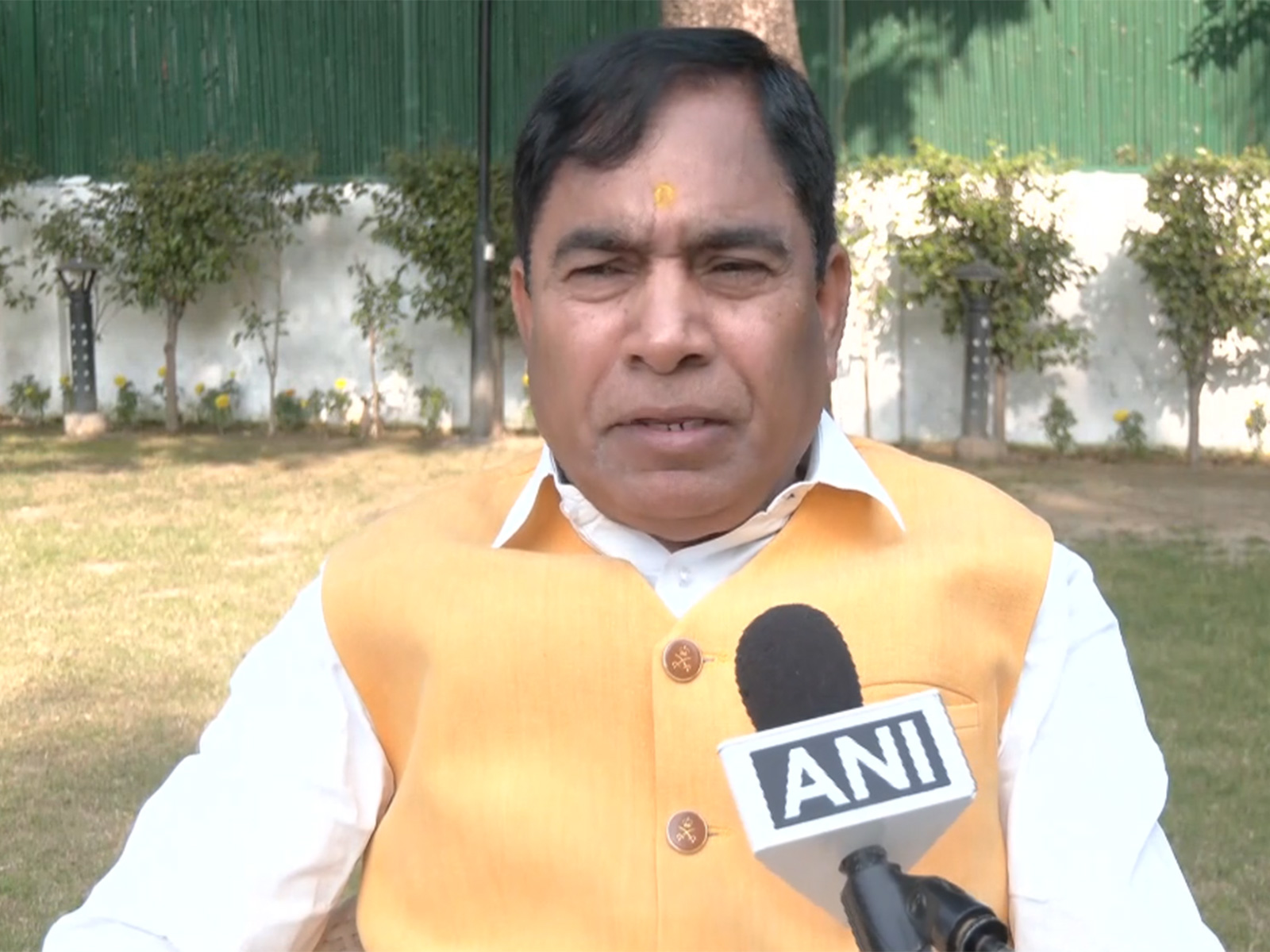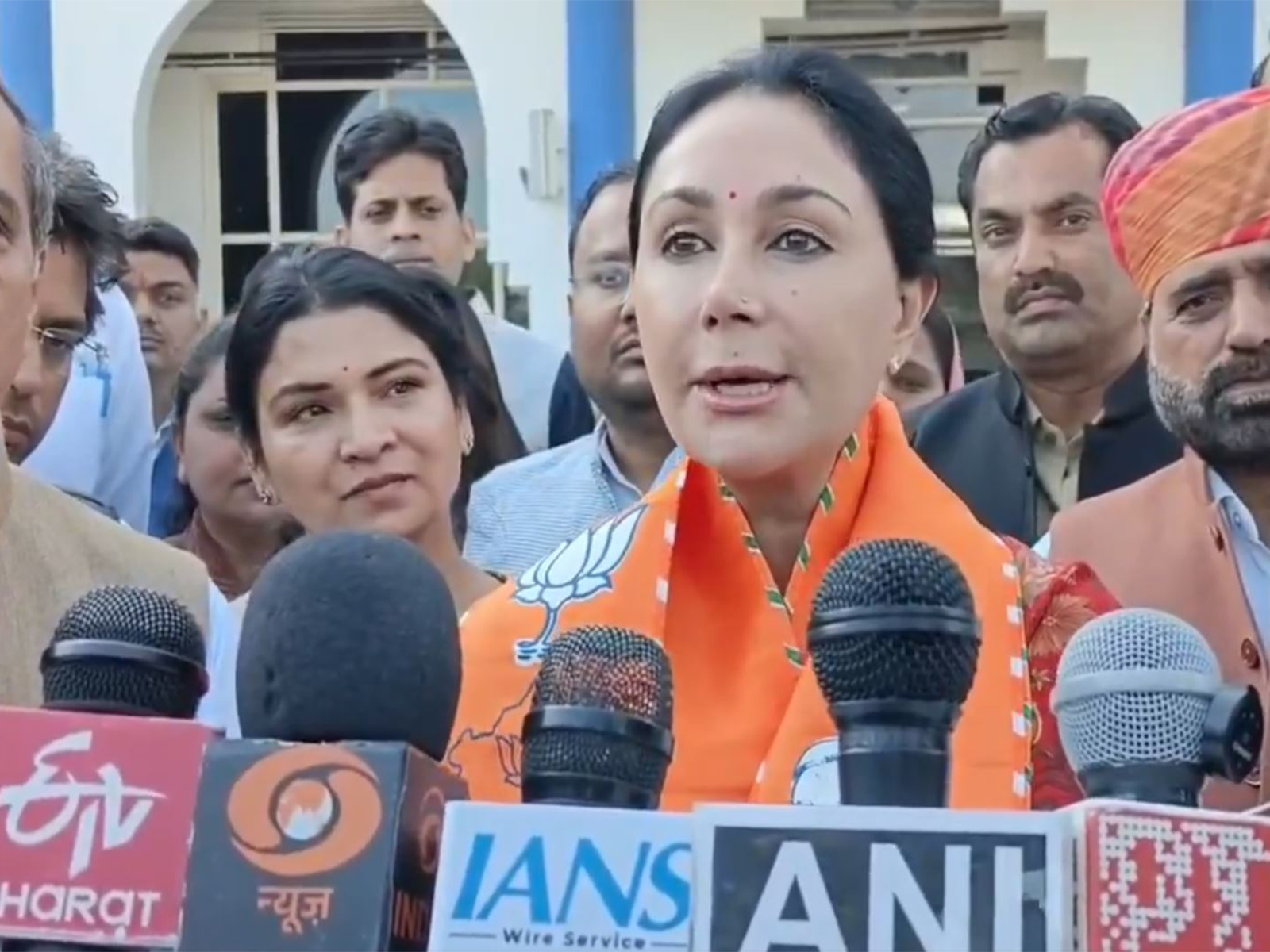Farmers urge Maharashtra government to take unequivocal stand to repeal farm laws
Jul 03, 2021

Mumbai (Maharashtra) [India], July 3 : The farmers' union All India Kisan Sangharsh Coordination Committee (AIKSCC) of Maharashtra on Saturday demanded the state government to take an unequivocal stand to repeal the three central farm laws.
In an official statement to the press, they said, "In the interest of the farmers of Maharashtra, AIKSCC Maharashtra is demanding that the state government take an unequivocal stand that the three disputed farm laws should be repealed by the Centre and a central law should be enacted to give a fair guarantee to agricultural produce and pass such a resolution in the Legislative Assembly."
According to AISKCC, for the past seven months, the ongoing farmers' agitation at the borders of Delhi has been demanding that the anti-farmer, pro-corporate farm laws enacted by the central government should be repealed altogether, and instead, a law guaranteeing a minimum support price (MSP) that is at least 1.5 times the cost of production should be enacted.
"All the three parties in the ruling Mahavikas Aghadi government in Maharashtra have from time-to-time expressed support for the farmers' movement. Now that the farmers' fight against these laws has reached a decisive turn, the Mahavikas Aghadi government comprising these parties needs to take a firm and clear stand by passing a resolution in the state legislature against the central Farm Acts," they said.
The Committee further stated that these amendments are a step towards corporatisation of agriculture. Corporates stand to benefit from these amendments in the agricultural sector. These companies have come up with a comprehensive strategy to make this opportunity a reality, but until now their efforts were hampered by the existing laws. Consequently, they are trying to overcome these obstacles by enacting new laws or making changes in the existing laws.
The central Farm Acts that were introduced under the guise of supposedly breaking the shackles on farmers is, in fact, a deliberate move to remove obstacles in the way of these corporates. This will create a monopoly of corporates in the agricultural sector, giving them unlimited power to command the prices of agricultural commodities as they wish and to deny protection to farmers.
The present government at the centre has made a concerted effort ever since it came to power in 2014 to get rid of the minimum support price, government procurement of foodgrains and the public distribution system. Making cosmetic changes to the clauses in the disputed farm laws will not overturn the pro-corporate, anti-farmer motives behind the enactment of these laws.
The Samyukta Kisan Morcha and the AIKSCC have therefore taken a firm stand for the complete repeal of the laws, rather than merely seeking minor changes in the provisions.
"The state government is trying to bring new farm laws in Maharashtra by making some changes to the controversial farm laws enacted by the central government. However, making amendments to the draft of the central laws will not change the purpose behind the enactment of laws nor will it change the anti-farmer and corporate character of the laws. Keeping in mind the expectations of farmers' organisations, the state government should not rush into enacting farm laws in the state on the lines of the Centre. The farmers' agitation is still on. The Supreme Court has stayed the implementation of the controversial farm laws. The laws that the state government is trying to enact have not been adequately discussed in the public domain, especially among farmers' organizations and farmers. In such a scenario, it is unseemly for the state government to be in such a hurry about this process," AIKSCC said.
Farmers have been protesting at the different borders of the national capital since November 26, 2020 against the three newly enacted farm laws - Farmers' Produce Trade and Commerce (Promotion and Facilitation) Act, 2020; the Farmers Empowerment and Protection) Agreement on Price Assurance and farm Services Act 2020 and the Essential Commodities (Amendment) Act, 2020.

















